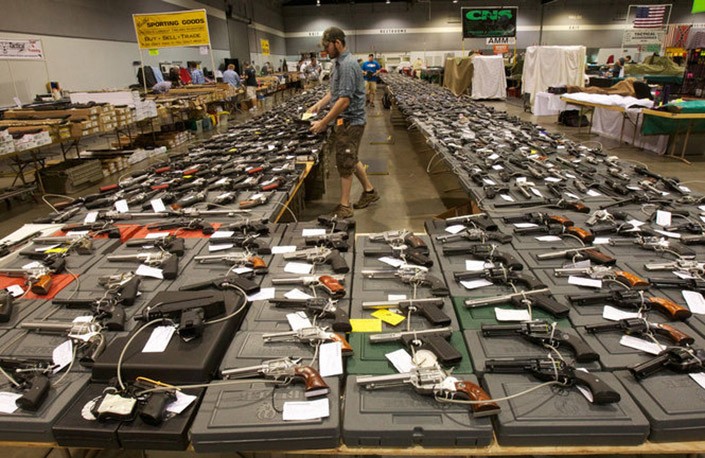Increasing permits to conceal guns has zero effect on crime, data say

Image: Wikimedia Commons
An increase in permits to carry concealed weapons does not decrease crime, according to a new study published in the Journal of Criminology.
Charles D. Phillips, Regents Professor of health and policy management at the School of Public Health, led the study. He and his colleagues looked at more than a decade of data on changes in crime and concealed handgun licensing rates from more than 500 counties in four states: Texas, Michigan, Florida and Pennsylvania.
Phillips and his colleagues took a new approach to analyzing publicly available data for this study. Previous studies have looked primarily at crime rates before and after the passage of concealed carry legislation, Phillips’ team used county level data to analyze the relationship between changes in crime rates and concealed carry licensing, while controlling for differences among the four states and changes in crime rates simply related to the passage of time.
Forty-six U.S. states have passed legislation allowing individuals to carry concealed handguns, in part due to the expectation that the legislation will reduce crime. In addition, much of the current drive to ease access to concealed carry permits and increase the settings where concealed carry is legal relies on the idea that such changes will reduce citizens’ likelihood of criminal victimization. However, Phillips’ study found no statistically significant correlation between changes in concealed carry licensing and crime rates, including the rates of violent personal crime such as the murder rate and robbery.
“What we found when we drilled down to the county level was that the changes in the number of concealed handgun permits in a county had no relationship to either an increase or decrease in the county crime rate,” he said

